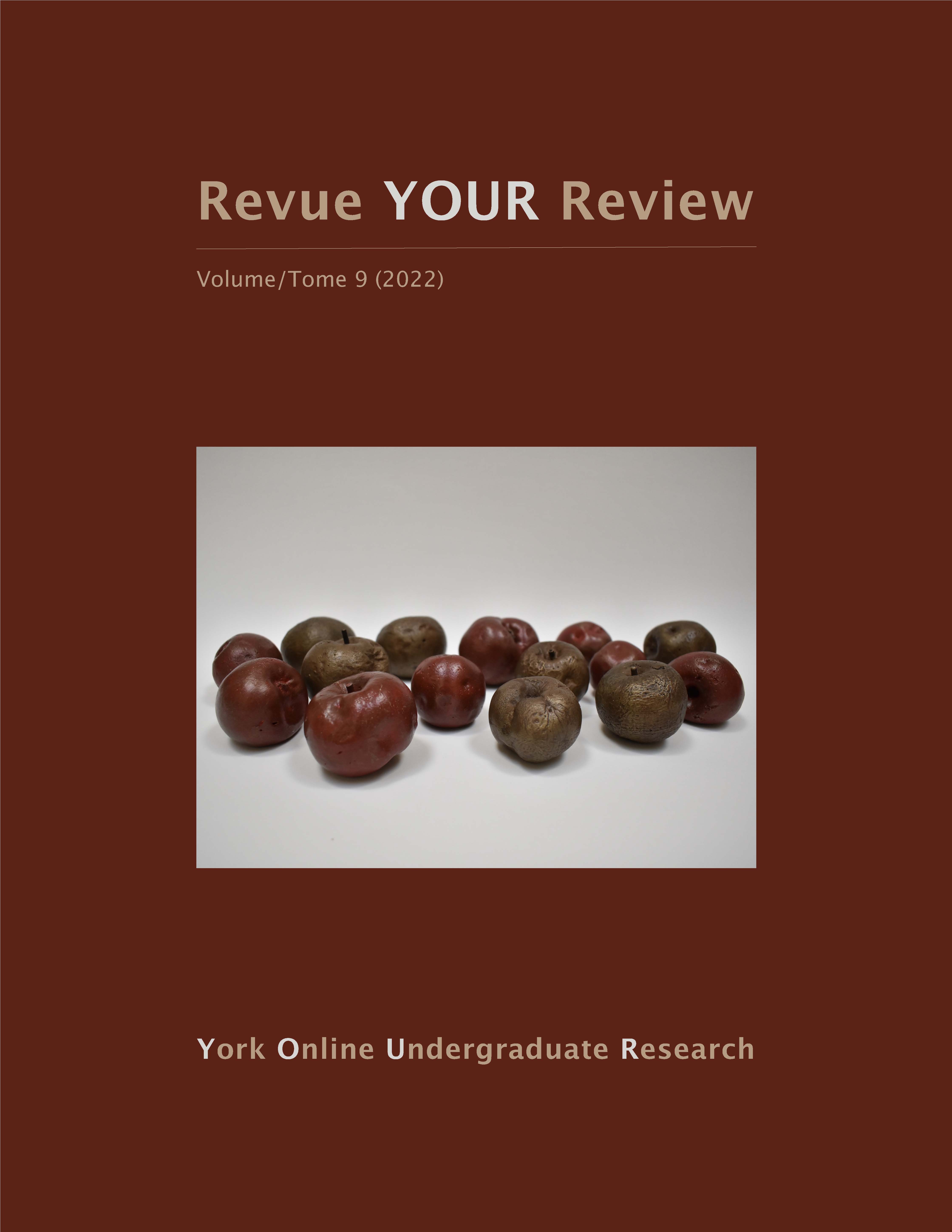Does a Person’s Attractiveness Influence Our Tendency to Get to Know Them?
Abstract
This study investigates the effects of attractiveness on trust and decision-making. Previous research has shown that attractive people appear more trustworthy, and individuals mainly rely on facial stimuli for these judgements. We were interested to see whether when people have the chance to get a description of a face, do they still make their decision based only on visual attractiveness or do they pay attention to the description. We used the trust game, in which players are given an amount of money each round and they decide how much to transfer to another player. We modified the trust game to implement facial stimuli for hypothetical players and a hint taking option, where participants could choose if they wanted to spend money for a description of the facial stimuli before making financial decisions. This study used a repeated measures design and was conducted through an online survey using snowball sampling (N = 214). We hypothesized that participants would be more likely to ask for a hint when shown a picture of a less attractive person; however, we found the opposite only in male participants. In other words, only male participants were more likely to choose a hint for more attractive faces, which was interpreted as interest rather than caution to trust. These findings suggest that factors other than attractiveness can play a role in decisions to trust unknown individuals. Further research should investigate gender differences in hint taking and practice racial matching of participants and stimuli.
Downloads
Published
How to Cite
Issue
Section
License

This work is licensed under a Creative Commons Attribution-NoDerivatives 4.0 International License.
Authors contributing to Revue YOUR Review agree to release their articles under one of three Creative Commons licenses: Creative Commons Attribution 4.0 International; Creative Commons Attribution-NonCommercial 4.0 International; or Creative Commons Attribution-NoDerivatives 4.0 International. All editorial content, posters, and abstracts on this site are licensed under Creative Commons Attribution-NoDerivatives 4.0 International. For further information about each license, see:
https://creativecommons.org/licenses/
In all cases, authors retain copyright of their work and grant the e-journal right of first publication. Authors are able to enter into other contractual arrangements for the non-exclusive distribution of the e-journal's published version of the article (e.g., post it to an institutional repository or publish it in a book or in another journal), with an acknowledgement of its initial publication in this e-journal.


